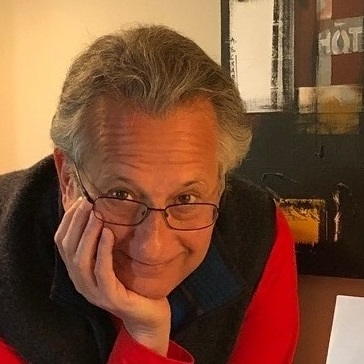Medicine requires a degree of trust unlike any other profession. Errors by airline pilots, bus drivers, engineers and car mechanics can kill as surely as errors by doctors. But medicine alone requires consumers (patients) to surrender their privacy and allow strangers access to their bodies.
This terrible intimacy underlies the world’s medical oaths. Across cultures, two themes emerge: Doctors must not purposefully harm patients, and doctors must see patients as individuals and not as avatars of ethnicities, religions, viewpoints or personal qualities. Doctors don’t always live up to such standards, which is why it is so important that the medical profession and society at large express collective displeasure with violators.
Under the Hippocratic Oath, doctors promise they “will do no harm or injustice” to patients and that they will “abstain from all intentional wrongdoing and harm, especially from abusing the bodies of man or woman, (slave) or free.”
The Jewish Oath of Maimonides says, “May I never see in the patient anything but a fellow creature in pain.” Another Jewish medical oath, the Oath of Asaf, instructs the doctor, “Do not keep in your hearts the vindictiveness of hatred with regard to a sick man.” The Oath of a Muslim Physician asks for assistance “that we may devote our lives in serving mankind, poor and rich, literate or illiterate, Muslim or non-Muslim, black or white with patience and tolerance.” By the Vejjavatapada, a Buddhist doctor promises to “use my skill to restore the health of all beings.”
Powerfully, Japan’s Seventeen Rules of Enjuin say that doctors should “always be kind to people” and “rescue even such patients as you dislike or hate.”
Doctors Without Borders treats people without regard to race, religion, creed or politics. In Israel, Hadassah Hospital and other facilities regularly treat and sometimes save the lives of terrorists wounded in attacks on Israelis. A colleague recently told me that in medical school, she was told starkly that she was to treat prison inmates as she would anyone else.
Patients must have confidence that the doctor in the clinic or the emergency room will not seek to harm them or treat them less effectively than they would someone of a different race, politics, history or demeanor.
The damage from breaches can last for generations. Over the course of the pandemic, some attributed vaccine hesitancy among African-Americans to distrust stemming from historical wrongs — including the horrid “Tuskegee Study of Untreated Syphilis in the Negro Male” and general bias among 20th-century physicians. The medical profession didn’t rein in such behavior and was sometimes an enthusiastic participant in what were clear violations of medical oaths.
In the hyperpoliticized America of 2022, new violations make headlines — and the question is whether these will be isolated incidents or parts of a trend.
At the Yale School of Medicine in 2021, a psychiatrist fantasized about murdering White people in her lecture, “The Psychopathic Problem of the White Mind.” Yale issued a tepid criticism, though some in attendance praised the speech. In 2022, a medical student at Wake Forest University perceived a patient’s attitude toward her “pronoun pin” to be bigoted; afterward, she expressed pleasure on Twitter at having missed his vein in a blood draw, forcing him to endure the pain of a second stick. To its credit, the medical school quickly condemned the student’s public attitude and put her on leave of absence. To the student’s credit, she issued a lengthy, unqualified apology for her actions.
Ethical breaches will happen. But real danger comes in normalizing such actions. An editorial in the Wake Forest campus newspaper called criticism of the student “excessive” and said, “The crux of the issue at hand is not the conduct of (the medical student), but the bigotry expressed by her patient.”
This editorialist couldn’t be more mistaken. Patients are human, and a substantial number possess unsavory characteristics. Those characteristics must have no relevance to the doctor’s attitude or standard of care. Excusing such ethical breaches encourages others to spurn the high principles embodied in those great medical oaths.
In Ernest Hemingway’s “The Sun Also Rises,” one character explains how he went bankrupt: “Two ways. Gradually, then suddenly.” Trust can vanish in the same ways that money can.


